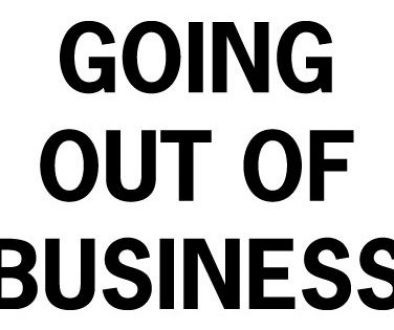So You Want My Sales Team to Sell Your SaaS Product?
I get calls from SaaS companies all the time offering to “partner” with us. I already know their pitch. They have a great solution that customers are clamoring to buy, and if I just sign up with them my sales force will have additional solutions to offer to our customers and we will all make more money. It’s such a transparently one-sided pitch I usually don’t even listen to it anymore.
Although once in a while, for some especially promising technology, I will have a conversation. Here’s how it usually goes:
I’ll say, “Does your idea of partnering mean that my salespeople sell your stuff?”
The answer is invariably yes.
I’ll continue, “So you want me to ask my salespeople and technical delivery people to go to the customers that we have developed trust with over the years by providing solutions that help them in their business, and have them buy your service?” Of course.
I’ll ask, “What are you offering in the way of compensation to have access to our trusted customer base?” The answer is usually a commission on the order of 1–3 months worth of billings.
I’ll further query, “And what do you pay if my customer renews for another year?” The answer is usually nothing, because by then it’s the SaaS provider’s customer. Although sometimes it’s a pittance. Rarely is it the same as the first year’s commission.
“OK, that’s too bad. Are there implementation and support services that my company could provide to assist in improving profitability in working with your organization?” is a followup question I’ll ask. Usually the answer is for the first couple of deals the SaaS provider will do the scoping, implementation, and support, then after that, if our technical service people attend training, shadow the vendor, pass certification tests, and stay loyal to my company and don’t go work for the SaaS vendor, then I can expect to see services revenue from future engagements.
Hoping to salvage something from the conversation and knowing that I might have missed something, I will usually ask, “Do you have deals in my georgraphic area that you can bring me that we can work together so I don’t have to just invest time and effort that could otherwise be used in selling and implementing the products and services that I have built my business on already?” Of course there are no opportunities. That’s why they are looking for channel partners.
So, if you can address those objections in the creating of your SaaS channel program, you might have a winner of a program. If I was creating a partner program for a SaaS vendor, here’s some of the things I would put in place:
Registration program. If the partner finds a deal and communicates it to the vendor, then they work to close the deal together, the partner will have the ability to make 30–40% margin on resales, or 20–30% commission, for the life of the contract. If the partner books an order without a registration, these values are cut in half. Do this by controlling standard and registered discount off list price. Enforce it mercilessly.
Partner development program. Fund the salary of a junior salesperson for two years that is solely focused on selling the SaaS vendor’s products. Provide good training to that person so they know what they are doing. When the other salespeople at the partner see the success the junior salesperson is having, they will start selling the product.
Limit channel conflict. Limit the number of resellers in a given geographic area. You will have the most success with small or mid-size partners, and these guys are regional. Commit to them that you will not be signing up big nationals that will low-ball quotes, and you will limit the amount of partners in a given area, even as you grow and are successful.
Bring the partners opportunities and don’t sell anything direct. Hopefully the SaaS vendor gets leads from all the marketing and free trials that are being done. Pass these to partners while they are still fresh.
Follow up and stay connected with the partner to make sure things are going well. Realize that it takes 6–18 months to develop opportunities. It is going to take a solid 2 years of work and commitment to develop a partner to where your product matters enough to them to keep selling it.
Hopefully your product is good enough and profitable enough to support a channel partner program like this. It probably isn’t, but you should think about using some of your capital for channel partner development, because that’s what it is going to take.


